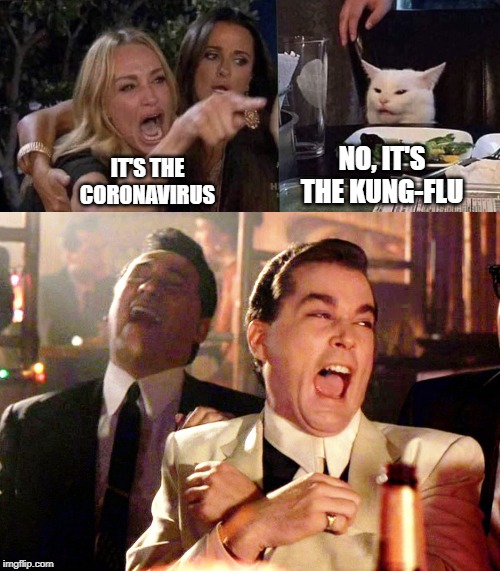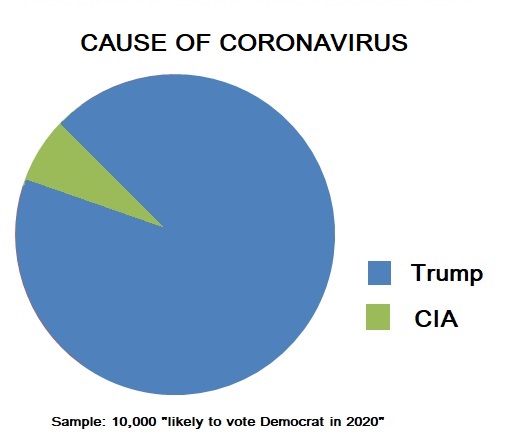Here’s something so outside my range of interest that I had never even thought of it.
Teen climate activist Greta Thunberg’s campaign to make people feel “flight shame” if they travel by plane has led to the reduction of bookings in her native Sweden. Now the U.S. airline industry is worried that the trend could take hold in this country.
“Flight shame”? Let’s talk about this for a moment.
Every day I take people to the airport — most are going away on business, while others are jetting off to places like Aruba, Hawaii and Europe for their dream vacation, or else are taking their kids to a Disney Vergnügungslager in California or Florida. Others are going to visit family in far-off cities or countries (in some cases family whom they’ve not seen for years), while others still are proud grandparents off to annoy their children and spoil the grandchildren to death (as is their duty).
Does this sound like a bunch of people who would be “shamed” into foregoing their flights, all because some adolescent twerp thinks they shouldn’t be doing them?
Now I can see a couple of cases where there might be some kind of pullback on travel: a corporation, for example, buys into the climate shame mantra, and as a form of virtue-signaling tells their employees to cut back — unless, of course, such an activity would have a serious impact on their bottom line, in which case… uh huh, you guessed it. (“Yeah, boss, XYZ MegaCorp has canceled their million-dollar account with us because they haven’t seen any of our reps in a year…”)
Tell me that wouldn’t set the stoat among the rabbits.
Another group who might be shamed into reducing their travel would be the International Backpack ‘N Sandals Set, who would otherwise be off to Explore Other Cultures And Enrich Their Lives, or do the eco-tourist thing [gag]. Quite frankly, this could only be A Good Thing in that normal people such as me would not have to sit for the following six hours next to someone who smells like a badger (and the male travelers of this ilk are even worse). Also, all those exotic eco-destinations would either go out of business (unemployment!) or have to raise their rates to compensate for the drop-off, making their business model affordable only to the extremely wealthy.
I can’t see Val d’Isère, Monaco or Kitzbühel losing much business, by the way: the rich always carve out exceptions for themselves; or else they just don’t care, nor do they buy into the eco-shaming, or both. (About now, Mr. Free Market’s ears should be burning.)
Returning to the article: it’s all very well for, say, Sweden to experience a drop-off in air travel — there are many other ways to get from Sweden to other countries in Europe — but then again, all those countries are only a couple hundred miles apart. However, the U.S. is not Scandinavia, nor even Europe: I have to drive a couple hundred miles just to get out of Texas, for instance, and further than that just to reach any other major city like Houston or San Antonio, still in Texas.
Finally, of course, we have the well-known hypocrisy of these holier-than-thou Greens, who think nothing of hopping on board a private Gulfstream just to attend a conference where they can scold other people for burning fossil fuels and destroyiiiiing the planet. Little Greta’s last scolding-trip to the New World, for instance, used more energy in total than a hundred and eighty families flying to Disney World for a week each*.
All that said: if this foolishness does come to pass, what would be the reaction of the airlines to a sudden (and perhaps permanent) drop in passenger count? We all know the answer to that: discounted fares and “bundled” vacation packages to attract those lost customers back — with the concomitant drop in their balance sheets’ profit lines.
And wait till Delta/American/United discover that eco-fuel costs three times more than avgas, with a similar effect on their precious bottom line.
Couldn’t happen to a nicer bunch.
*I just made that figure up — kinda like the Greens do in all their Doomsday predictions.















 (yeah, I get them too)
(yeah, I get them too)











